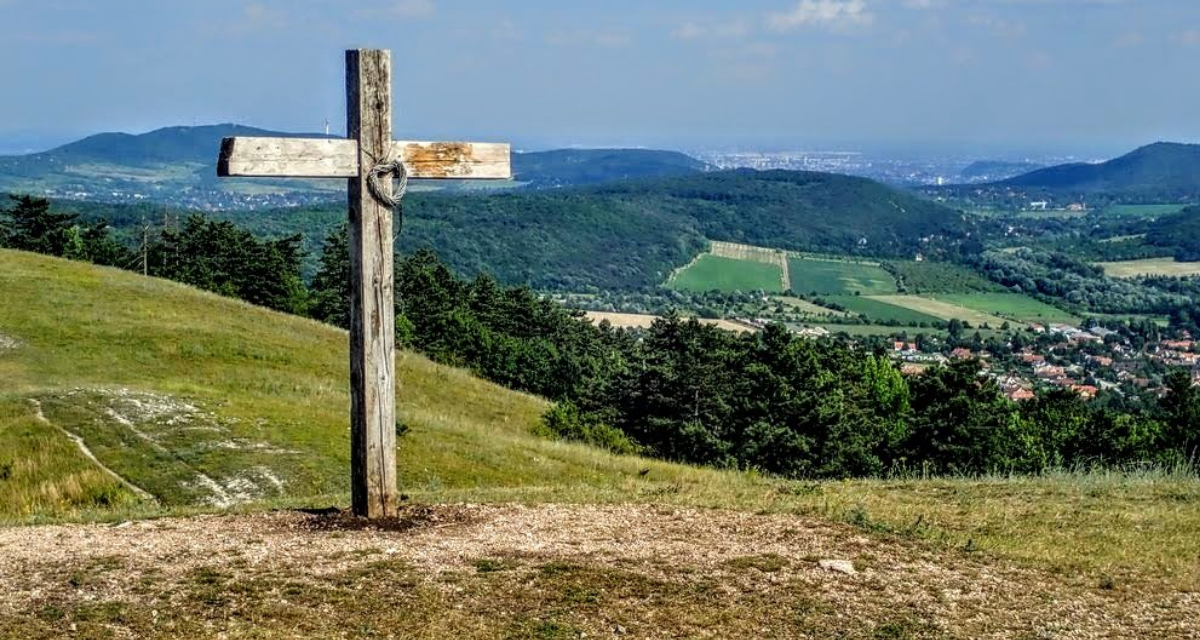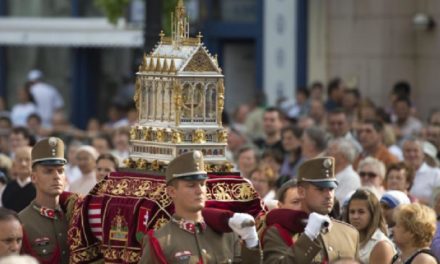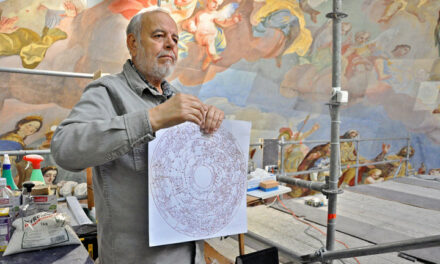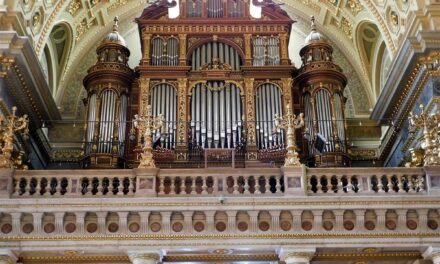The candlestick's place is not under the bushel, we have the right to spread our opinion, László Surján, the honorary president of the KDNP, pointed out in his opinion article in connection with the fact that the case that some people in Nagykovácsi, Pest county, on the Nagy-Szénás hill The wooden cross set up 2000 was set on fire by unknown people on August 20.
he called for prayer for the persecuted Christians in Magyar Nemzet not in a religious paper His perception is only a private opinion, the liberals can formulate it, at most it would have a place in some church press product.
But this is a gross mistake on their part, even illegal.
The Universal Declaration of Human Rights states:
Article 18. Everyone has the right to freedom of thought, conscience and religion, this right includes the freedom to change religion or belief, and to teach, practice and practice that religion or belief, individually or collectively, in public or in private and the right to express it by performing ceremonies.
Article 19. Everyone has the right to freedom of opinion and expression, which includes the right not to be harassed because of their opinions and to research, transmit and disseminate news and ideas in any form of expression without regard to frontiers.
Article 18 appears to limit the right to express religious beliefs to the areas of education, practice and ceremony. In order to interpret this, of course, the concept of education would have to be defined, for example, which can hardly be limited to school education. Article 19, on the other hand, clearly gives the right to spread ideas in any way.
So Gajdics didn't hurt anything in the world. He resisted the liberal effort to restrict the advocacy of religious views and the propagation of faith by violating the above two paragraphs.
The propagation of the Christian idea "by any means of expression" obviously includes the right of crucifixion. Our country is full of roadside crosses, and their appreciation was given a new impetus by the fact that it was possible to apply for their renovation. Through the KDNP's "adopt a cross" movement, it also provided voluntary work in many parts of the country.
Is it acceptable to believe that cross burning is also a fundamental right, since it is also the manifestation of an idea: anti-Christianity "in any form of expression"? I don't think so, because the destruction limits the rights of those who once erected a cross somewhere, right now next to Nagykovácsi.
Another special feature of the story is that there was also a protest against the restoration of the cross. The restoration would, so to speak, wipe out the maidenhair anemone, the orphan-leaved down and the badger's hemlock.
It is hard to imagine that these protected plants only exist on the few square meters affected by the restoration of the cross.
The fact that there is a culture war going on here with arguments drawn from the hair, nothing better proves that when the cross was burned, which obviously damaged the environment more than its erection, the ardent environmentalists did not think of protesting because of the danger of the anemone and the orphan-leaved flax, nor even the badger's dagger they were watching.
The protection of the living world is also very important in the eyes of Christians who show proper respect for creation and the Creator, but the current protest of those who silently tolerate arson is discredited due to their previous silence.
The Gajdics article is not important because of the cross on Nagy-Szénás.
Surveys show that two-thirds of Hungarians believe in the existence of God, but not even one-third pray daily or at least several times a week. Even among those who claim to belong to one of the historical churches, the number of those who pray regularly does not reach forty percent.
According to Saint Teresa of Calcutta, the root of all problems is the lack of prayer.
Simon Dávid, a Catholic priest and sociologist, summarized the reasons for the lack of prayer in twenty points in the November issue of Mária Rádió's magazine. I will quote only two of them. St. II. According to János Pál, "He who says that he does not pray because he does not have time, does not lack his time, but his love." Saint Teresa of Calcutta says: "I used to think that prayer changes things, now I know that prayer changes us and we change things."
Ottó Gajdics's article will reach many believers who do not or only have a very small role in turning to God in their lives. Now, after the Day of the Dead, perhaps more people pray for their departed family members. The article drew our attention to the fact that prayer could be a part of our everyday life, and if it was, the world would certainly be a better place.
Even those who pray regularly have something to cherish. Make them aware that they have the right to express their opinion, and take every opportunity to use this right! The place of the candlestick is not under the bushel.
The author is a former politician, the honorary president of the KDNP
Cover image: The Nagysénás wooden cross - still intact
Source: Tamás Nyáry/mozgasvilag.hu













